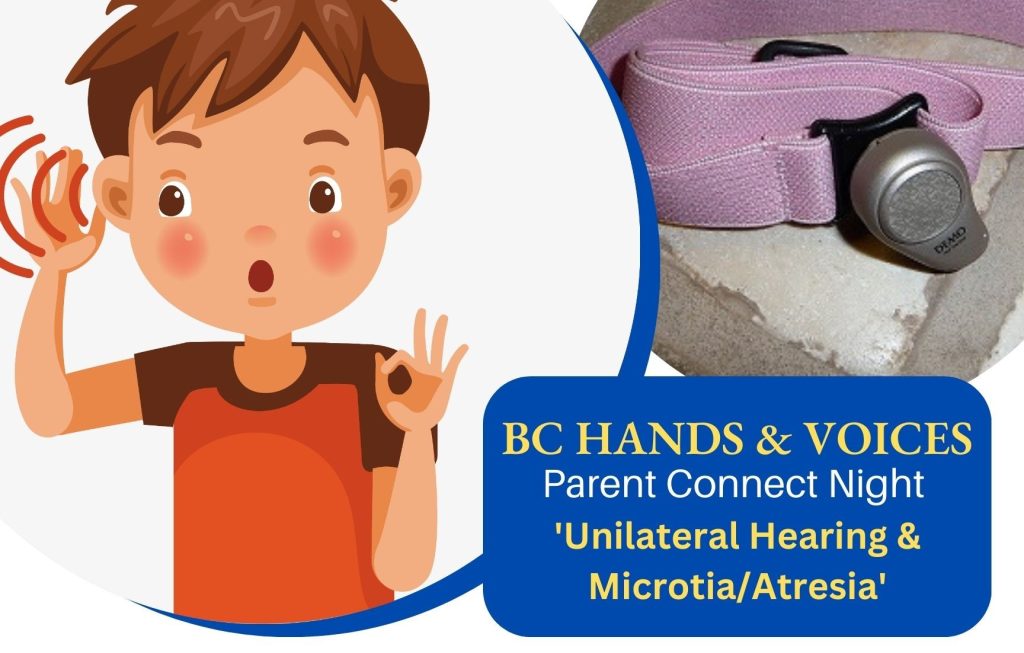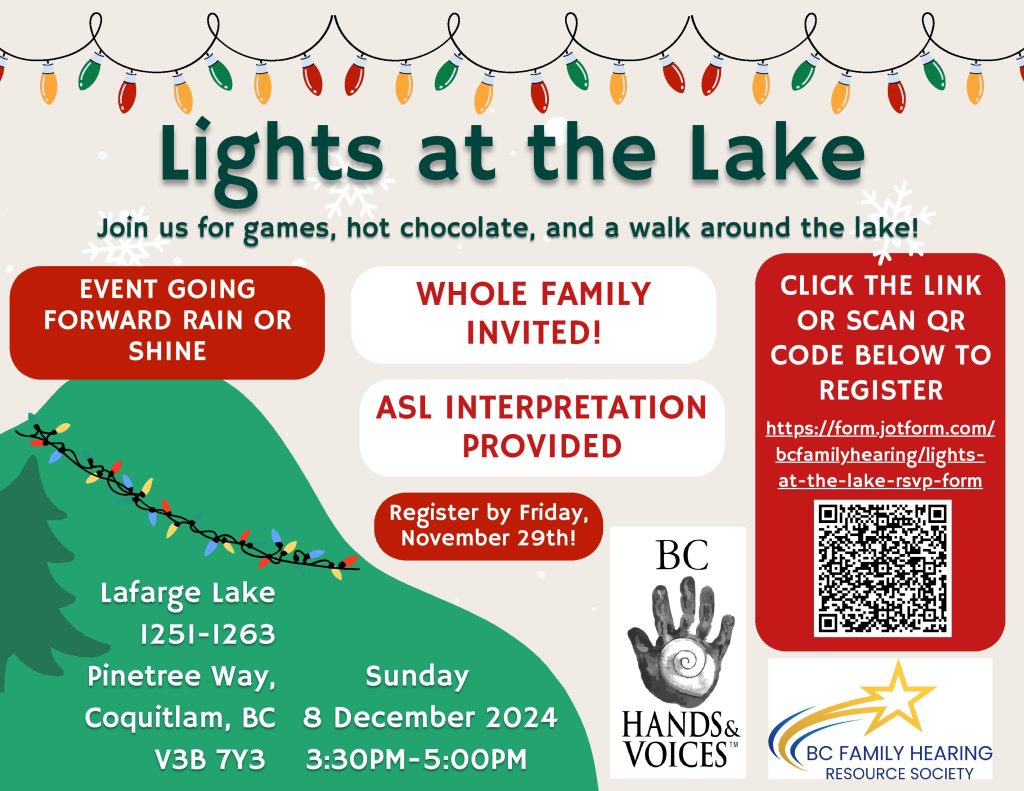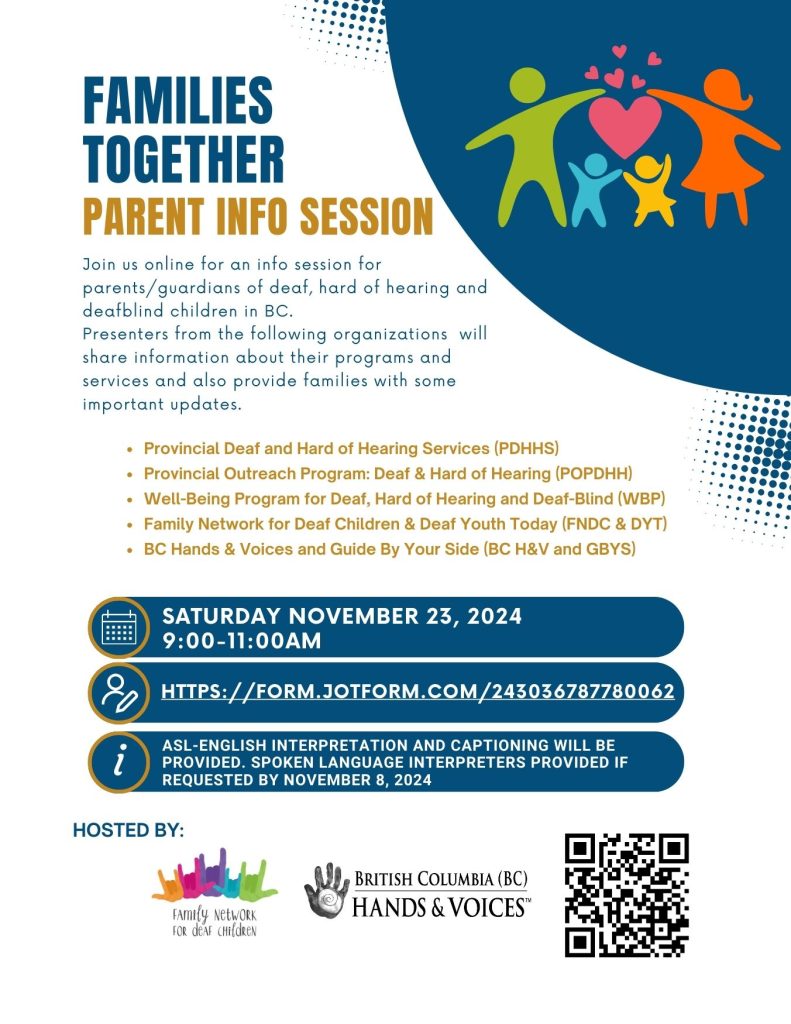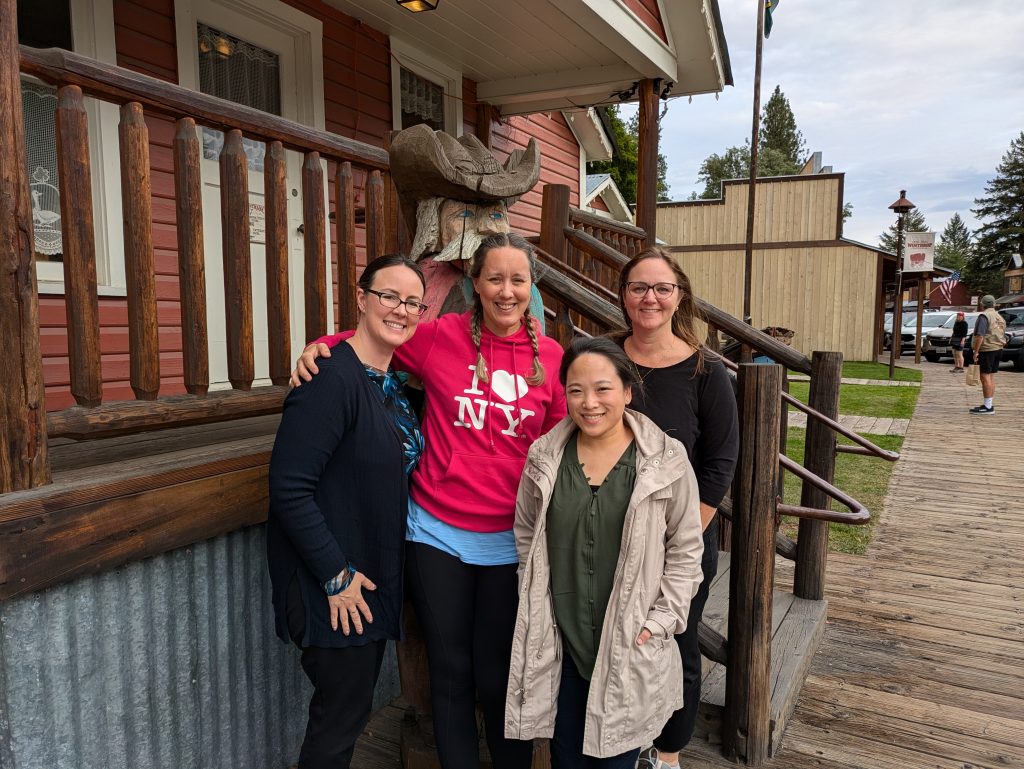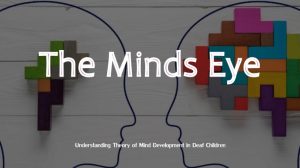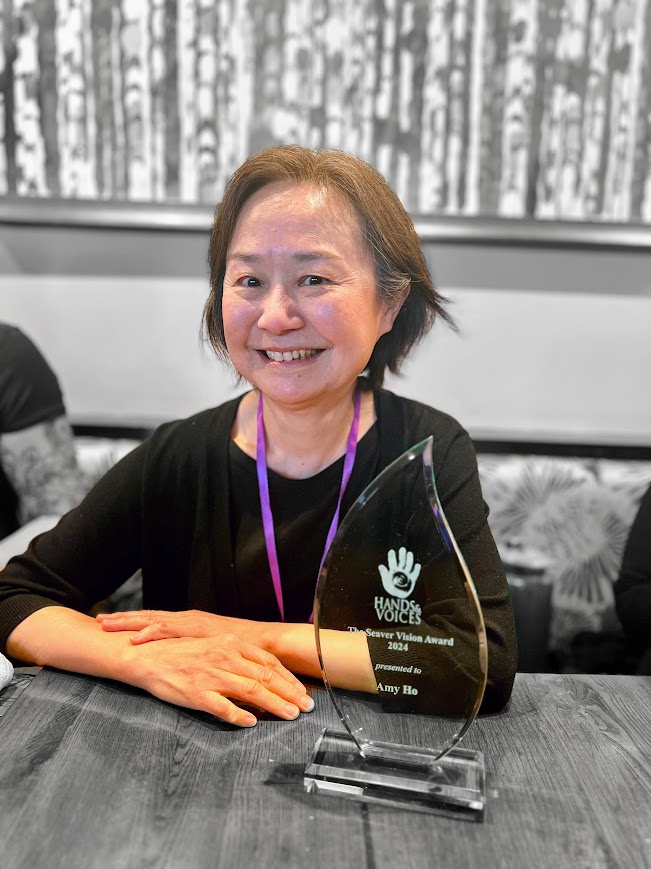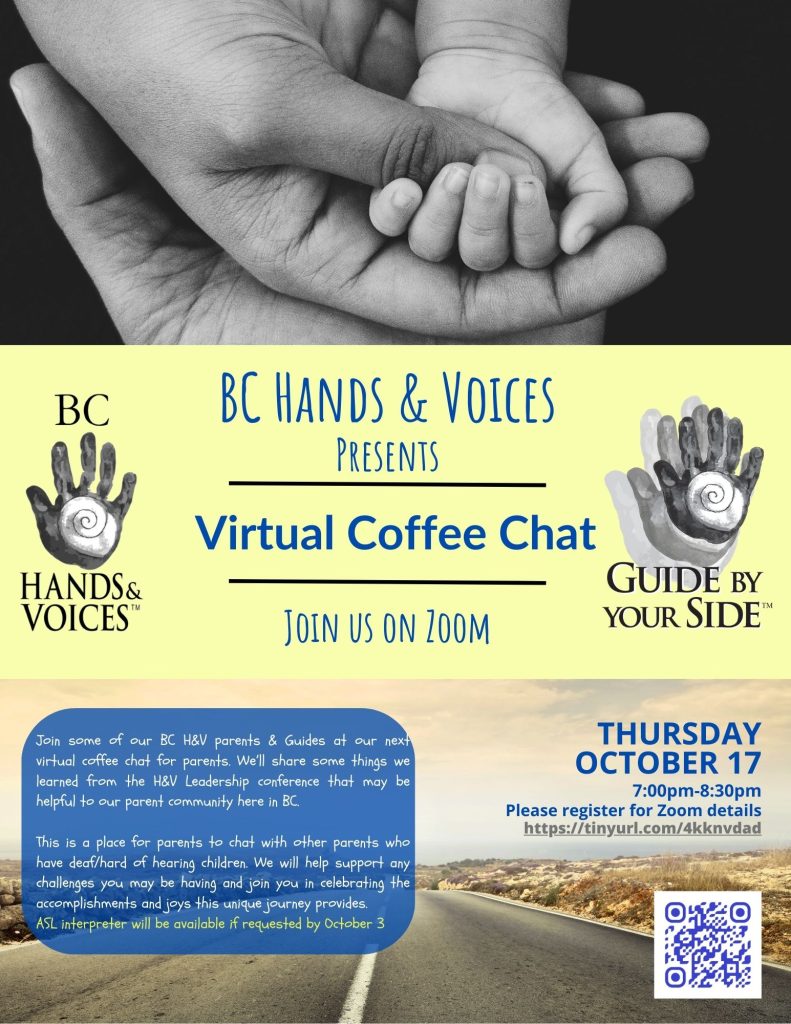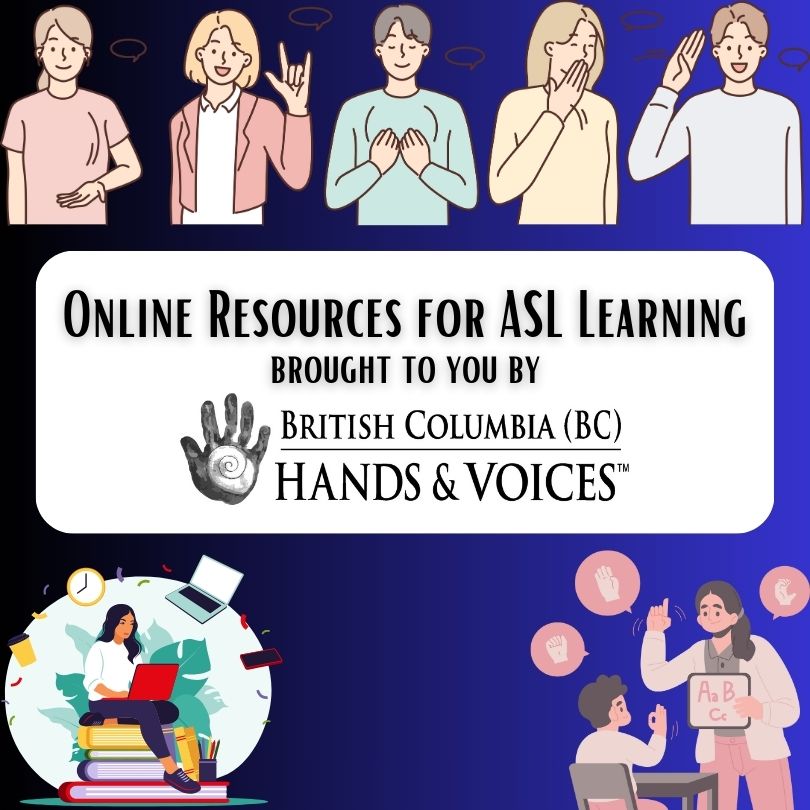Editors’ Note: There are countless, beautiful ways to be a family, none is better than another. What’s important is having loving, supportive and engaged care-givers. BC Hands & Voices recognizes, supports and values all families. This article was written from one perspective, one way to support a deaf/hard of hearing child. It was written to encourage all caregivers (in whatever way that looks like for your family) to get involved.
By Zen Tharani, BC H&V Board Member
As a dad on the BC Hands & Voices board, I’ve had the privilege of connecting with many parents of deaf and hard of hearing (dhh) children. One thing that’s clear is how much love and dedication every family brings to the table, often balancing multiple priorities like work, other kids, and life’s unexpected curveballs. While dads are definitely engaged in this journey, as a dad, I have noticed there is room for us to be even more involved—and that’s something BC Hands & Voices is eager to explore.
It’s important to acknowledge that every family’s situation is different. Not everyone has the time to attend every meeting or event, and that’s okay. Advocacy and involvement can take many forms, whether it’s reading up on communication strategies, sharing a story with other parents, or finding small ways to support your child’s growth and confidence. Dads, like moms, bring their own strengths to the table, and even small steps can make a big impact.
Why Dad Involvement Matters for DHH Children
Children thrive when they see both caregivers/parents engaged in their lives, and this is especially true for dhh children. Research shows that parental involvement is directly linked to better academic outcomes, stronger social skills, and higher self-esteem in children. A Canadian study by Statistics Canada highlighted that children who receive support from both parents are more likely to feel confident navigating challenges in school and life. This is especially important for dhh children, who often face additional hurdles in communication and access.
When dads are visibly involved, they reinforce to their children that their unique needs are a priority for the whole family. Whether it’s attending a school meeting, learning sign language, or simply being present at community events, these actions communicate that dads are equally invested. For dhh kids, seeing both parents advocating for them can foster a strong sense of security and belonging. It also helps normalize their experiences, showing them they are valued and supported every step of the way.
The Broader Impact of Dad Engagement
Dad involvement isn’t just important for the child—it also strengthens family dynamics and builds community connections. Shared responsibility lightens the emotional and logistical load, creating a more balanced and resilient family environment. For many families with multiple children, this teamwork is essential to meeting everyone’s needs.
On a community level, dads who participate in advocacy or events help create a network of support for other families. Your presence might inspire another dad to get involved or share their own experiences. In fact, research from the National Responsible Fatherhood Clearinghouse in the U.S. shows that when fathers actively participate in caregiving and advocacy, they contribute to stronger family and community ties. While we need more Canadian-specific data on this topic, anecdotal evidence from parent networks suggests a similar trend here.
Finding Your Own Way to Engage
Every dad’s involvement will look different, and that’s okay. Some may have the flexibility to attend workshops or meetings, while others may support their child in quieter ways, like practicing communication strategies at home or sharing resources with teachers. The key is to find what works for your family and your schedule.
Here are a few ideas to get started:
- Be Present: Attend events like school meetings (e.g. IEP meetings) or BC Hands & Voices gatherings when possible. Even if you can’t make every event, showing up when you can matters.
- Educate Yourself: Learn about your child’s specific needs, whether it’s sign language, cochlear implants, or other communication tools.
- Advocate Together: Partner with your co-parent to share the load. Advocacy doesn’t have to be one person’s job—it’s a team effort.
- Connect with Other Dads: Join a parent network or suggest creating one specifically for dads. Sharing experiences can provide valuable support and encouragement.
BC Hands & Voices Wants to Hear From You
BC Hands & Voices is committed to creating opportunities for all parents to connect and engage in meaningful ways. We know that every family’s needs and circumstances are different, and we want to hear your ideas about what would make it easier or more meaningful for you to get involved.
Would you be interested in casual meet-ups? Workshops designed for dads? A space to share stories and experiences? Let us know! Your input will help us design opportunities that work for you and your family.
Email us your thoughts and suggestions at info@bchandsandvoices.com. Together, we can ensure that all parents, including dads, feel supported as they help their dhh children thrive.
Final Thoughts
Dads bring unique perspectives and strengths to parenting, and their involvement in advocating for dhh children is incredibly valuable. By being present and engaged in ways that work for your situation, you’re not just supporting your own child—you’re contributing to a stronger, more inclusive community for all dhh families. Let’s work together to find new ways for dads to connect, support, and advocate for the amazing kids we’re all raising.
We’re excited to hear from you and work together to make this happen. Thank you for all that you do—it truly makes a difference.


